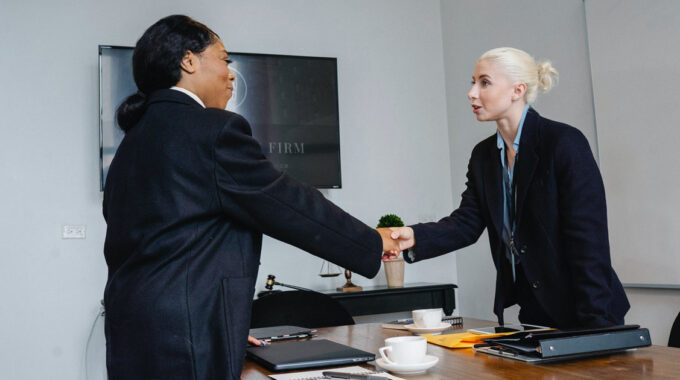
Using Rituals at Work to Navigate Change Effectively
Navigating uncertainties in the workplace is a common challenge faced by employees across industries. The ever-evolving nature of business, driven by factors such as market dynamics, technological advancements, and organizational changes, often leads to ambiguity and unpredictability. Employees may find themselves grappling with shifting priorities, unclear expectations, and unfamiliar circumstances, which can create confusion and overwhelm. In this environment, effective management is essential to provide stability and guidance. Managers play a crucial role in helping their teams navigate uncertainty by fostering open communication, providing clear direction, and instilling a sense of purpose. By demonstrating adaptability, empathy, and resilience, managers can help build a culture where employees feel supported and empowered to confront challenges head-on. Hence, this YouTube video on The Modern Manager channel emphasizes how rituals at work help get through change easily.
The video discusses how constant change in the workplace can create uncertainty and stress for employees. Ashley Goodall, a leadership expert, highlights the discrepancy between management’s enthusiasm for change and employees’ struggle to cope with it. While leaders often advocate for change as a positive force, employees often find it disruptive and demotivating. The video emphasizes that change does not always lead to improvement and suggests that leaders should reassess their approach to change management. The episode underscores the importance of stability, particularly the role of rituals at work within teams, in providing a sense of certainty amidst change. Rituals, such as team routines and traditions, help regulate emotions, foster a sense of belonging, and provide continuity in the face of uncertainty. Goodall advises managers to be mindful of existing rituals within their teams and to cultivate new ones intentionally, emphasizing the need for consistency and participation from team members.
Furthermore, Goodall reflects on the qualities of a great manager, citing an example from his own experience. He praises a manager named Diana O’Brien for her ability to provide space and autonomy to her team members, empowering them to take ownership of projects and initiatives. This approach, the video argues, not only fosters a sense of control and agency but also enables individuals to thrive in an ever-changing work environment.
Effective management practices contribute to organizational resilience, enabling companies to weather storms and emerge stronger in the face of uncertainty. Read through the preceding text to get to know more about how rituals at work help teams get through times of change smoothly.


















